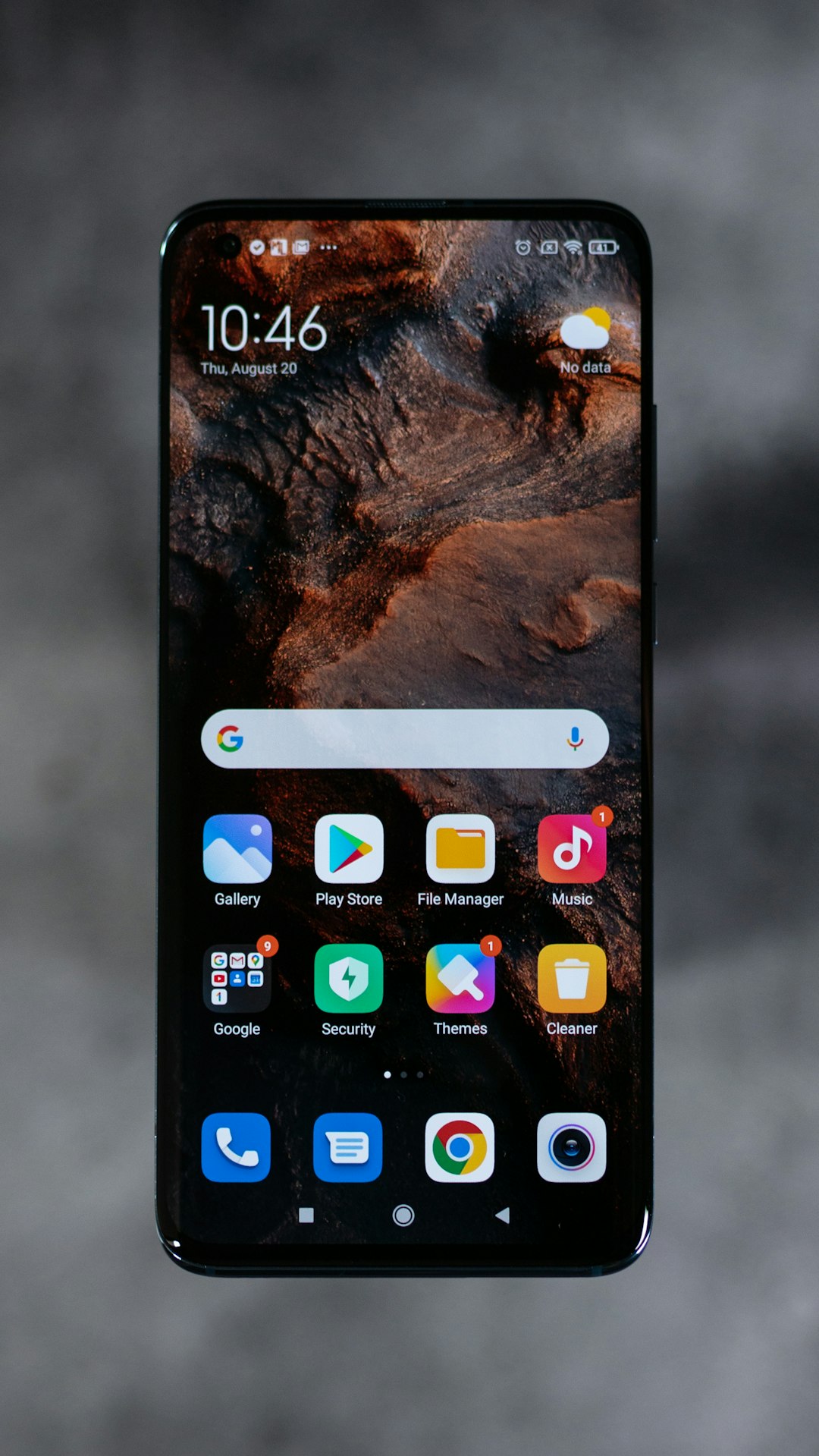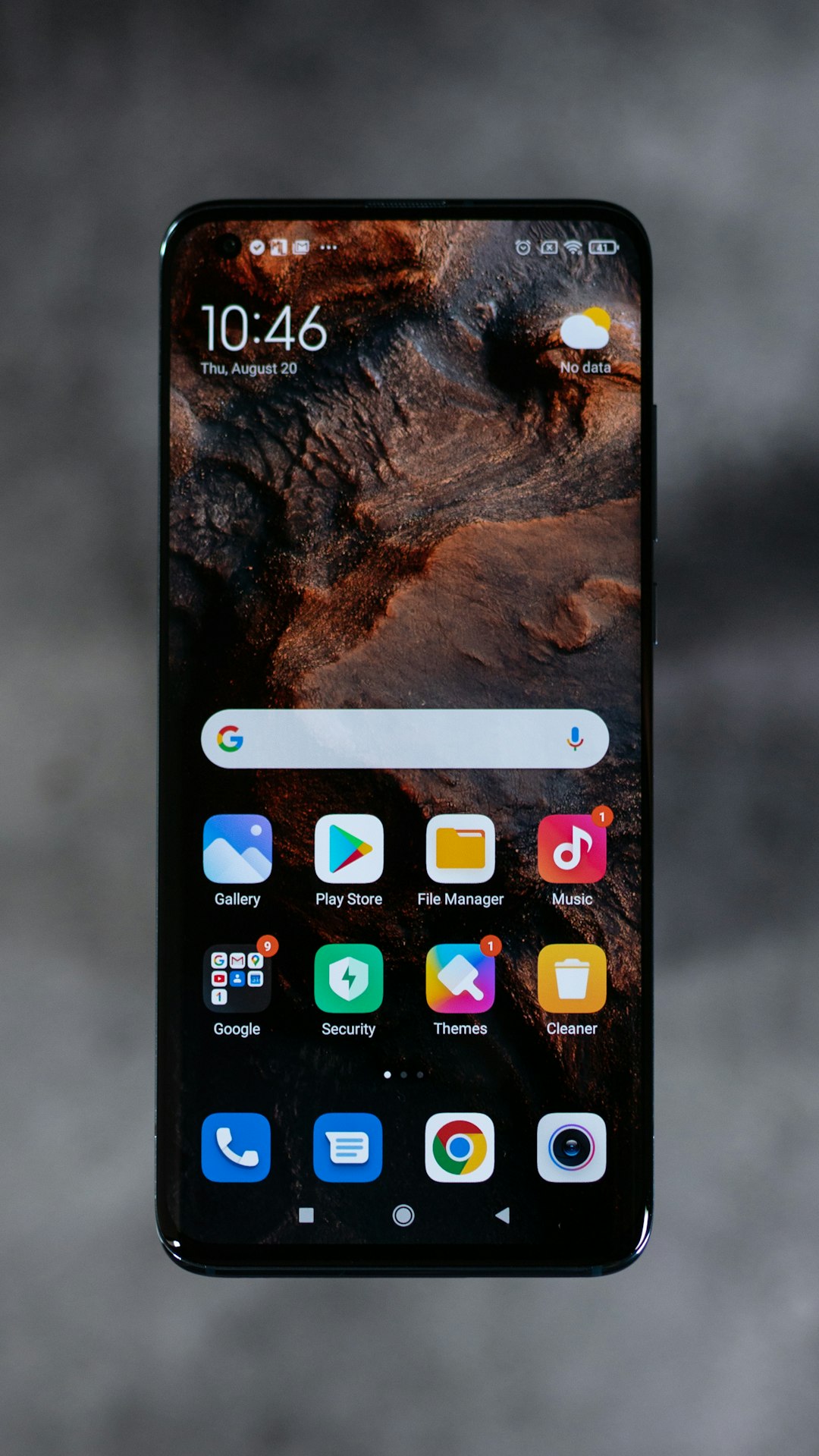Michigan's robust robocall laws empower residents to protect themselves from unwanted marketing calls. Key steps include registering for the National Do Not Call Registry, utilizing state-specific lists, blocking calls with apps or phone features, and staying informed about rights under the Michigan Telephone Consumer Protection Act to achieve a robocall-free environment.
“Dive into a comprehensive guide to achieve a robocall-free lifestyle in Michigan. With an ever-increasing number of automated calls, understanding and navigating Michigan’s robust consumer protection laws is essential. Learn how to identify and block unwanted robotic voices effectively. Explore strategies to safeguard your phone from marketing invasiveness. This step-by-step approach ensures you regain control over your communications, making Michigan a quieter, more peaceful place for all.”
Understanding Robocalls and Michigan Laws

In today’s digital era, robocalls have become a ubiquitous and often annoying aspect of daily life. These automated phone calls, typically used for marketing purposes, can be particularly intrusive when they’re unwanted. In Michigan, like many states, there are laws in place to protect residents from excessive robocalls. Understanding these laws is the first step towards achieving a robocall-free living environment.
Michigan has implemented regulations that limit the number of automated calls consumers receive. The Telephone Consumer Protection Act (TCPA) prohibits businesses from making robocalls without prior express consent. This means companies must obtain your explicit permission before using automatic dialing systems or prerecorded messages to contact you. By being aware of these laws and knowing your rights, Michigan residents can take proactive measures to curb unwanted robocalls and enjoy a quieter, more peaceful communication experience.
Identifying and Blocking Automated Calls

In the quest for a robocall-free living environment in Michigan, understanding and leveraging the state’s robocall laws is essential. Michigan has implemented regulations to protect residents from unwanted automated calls, including those from telemarketers and debt collectors. The Michigan Attorney General’s office plays a pivotal role in enforcing these laws, offering guidance and resources for consumers to reclaim their peace of mind.
One effective strategy to combat robocalls is identifying and blocking them. Consumers can make use of call-blocking apps and devices that filter out automated calls based on specific criteria. Additionally, Michigan residents should review their caller ID settings and register for the National Do Not Call Registry. By combining these measures, individuals can significantly reduce the number of robocalls they receive, fostering a quieter and more enjoyable communication experience within the state’s legal framework.
Protecting Your Phone from Unwanted Marketing

In Michigan, protecting your phone from unwanted marketing calls is easier than ever thanks to robust robocall laws in place. These laws give you significant control over how businesses can contact you. First, register for the National Do Not Call Registry. This federal program restricts telemarketers from calling numbers listed on it. Additionally, many states, including Michigan, have their own do-not-call lists and regulations that further limit unsolicited calls.
To enhance your protection, consider using call blocking apps or features built into your smartphone. These tools allow you to block specific numbers or types of calls, such as robocalls, based on their patterns or caller ID information. Regularly reviewing and updating these settings ensures maximum security. Remember that while these measures significantly reduce unwanted marketing calls, staying vigilant and informing yourself about your rights under Michigan’s robocall laws is key to maintaining a robocall-free living environment.
Enforcing and Maintaining Robocall-Free Living

To enforce and maintain a robocall-free living environment in Michigan, residents can take advantage of state laws that protect against unwanted automated calls. The Michigan Telephone Consumer Protection Act restricts automated or prerecorded calls to consumers’ home phones and mobile numbers unless the caller has an established business relationship with the recipient. This law empowers individuals to stop robocallers by registering their phone number on the Michigan Do Not Call List.
Regularly reviewing and updating your privacy settings on communication devices is also essential. Most smartphones offer options to block calls from unknown or unwanted sources. Additionally, using call-blocking apps designed to filter out automated calls can significantly reduce interruptions. By combining legal measures and technological tools, Michigan residents can create a more peaceful living space free from intrusive robocalls.






